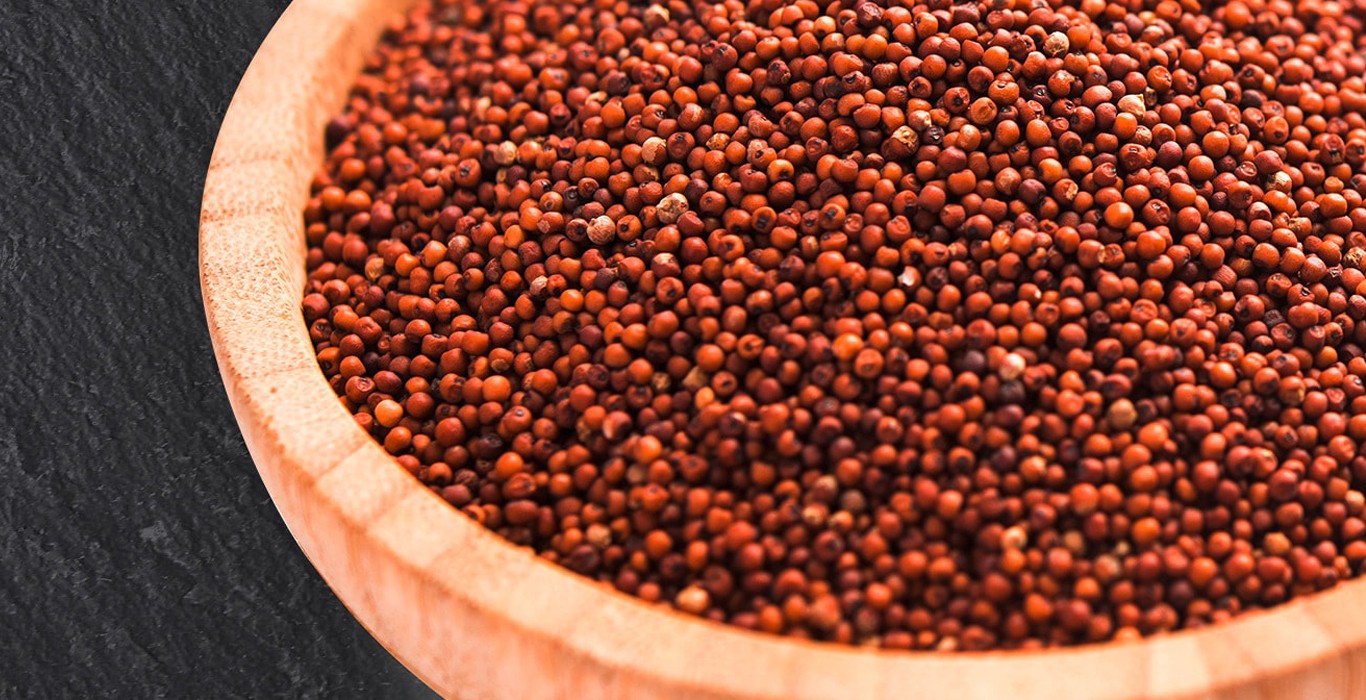What is gluten?
Gluten is a complex type of protein. Unlike other common proteins, gluten is usually derived from certain carbohydrates. Wheat, rye, etc are rich in gluten. Gluten is an essential element of any bread. It is the reason why bread rises and gets chewed texture. Gluten makes bread stretch.
Which foods are gluten-free?
Although gluten is commonly found in wheat, many other foods contain high amounts of gluten. Some examples are as follows:
As gluten is one of the main ingredients of wheat, all wheat-based products are rich sources of wheat. This includes all bread, cakes, pasta, cookies, donuts, flour, spaghetti, biscuits, waffles, bagels, and much more.
Besides wheat, a few other grains also contain large amounts of gluten. This includes grains like barley and farina.
In a non-gluten-free diet, it is added for several purposes. Gluten is a stabilizing agent and is widely used in sauces, ice cream, puddings, and gravy.
Almost all refined and processed foods contain gluten. Examples include pizza, salami, sausages, soups, chips, hamburgers
etc.
Therefore, you can see that gluten is a very common part of a regular diet. If you are thinking of using gluten-free foods, you should know that you may need to do it without any of your favorite foods.
What gluten-free foods can you include in your diet?
The gluten-free diet list is long. So, if you are considering a gluten-free diet, you need to know what foods to include in your daily diet.
Although gluten is commonly found in grains, it is not present in all grains. Rice, quinoa, amaranth, sorghum, etc. are some of the best gluten-free recipes.
Yams, potatoes, arrowroot, sorghum, etc are good sources of gluten-free starch.
Fresh fruits and vegetables are gluten-free and can easily be added to your diet.
Soft animal protein is also gluten-free. However, they should not be cooked to add gluten to the preparation.
Nuts and vegetables can be eaten on a gluten-free diet.
Finally, in recent days, gluten-free bread, biscuits, cereals, and desserts have been put on the market. However, in most cases, even though they are labeled gluten-free, they contain a small amount of gluten.
How can gluten-free diet help with weight loss?
Although people from all walks of life may claim that gluten-free foods are ideal for weight loss, they require considerable analysis before switching to such a diet. Here are some points to consider:
According to the American dietetic association, no gluten-free diet is guaranteed for weight loss. Little research has been done on this. Therefore, there are no statistical data to prove or disprove that there is no gluten for weight loss.
Some people suffer from gluten intolerance and gluten intolerance. They should eat gluten-free foods to stay strong and healthy. The most common form of gluten-related disease is celiac disease. This is a type of disorder in which the intestines are unable to absorb the nutrients in the food they eat. Celiac disease is spread through gluten-free foods.
Aside from people suffering from intolerance and other similar diseases, gluten is likely to play an indirect role in weight loss. If you look at the list of gluten-free foods, you will see that they are also high in calories and sugar leading to weight loss. So, if you avoid gluten-free foods, you are avoiding processed foods that add a lot of unnecessary calories to your diet. As a result, you will lose weight.
A few studies have been done. They point out that if you do not eat gluten-free foods, you are choosing healthy foods. As a result, you may lose 15 to 20 pounds [15 to 20 kg] of weight by the end of the first month of your gluten-free diet.
According to some studies, no matter how tall you are, eating gluten-free foods continuously will make you leaner and leaner.
Although scientific evidence that gluten-free weight loss is still being collected, there are dozens of conclusive studies showing that obese people with celiac disease enjoy direct benefits from a gluten-free diet. A clear pattern of weight loss can be seen in them.
The fact is that gluten itself does not cause a significant increase in your weight. Therefore, removing gluten is unlikely to have a significant impact on your weight. However, gluten-rich foods are also often rich in salt, fat, and calories. Therefore, if you regularly avoid them, the obvious difference is in your weight.
You need to be careful about which foods you choose instead of the gluten-rich foods that you eliminate from your diet. These gluten-free areas can contain high calories. At the same time, refined whole grains instead of whole grains may affect your nutrition as this is often not enriched with extra nutrients. In these cases, a gluten-free diet will not help you lose weight.
In fact, except for celiac, gluten-free foods have no direct effect on weight. However, it has many negative influences. So, if you can stick to some healthy gluten-free diets for a long time, you will notice weight loss.







